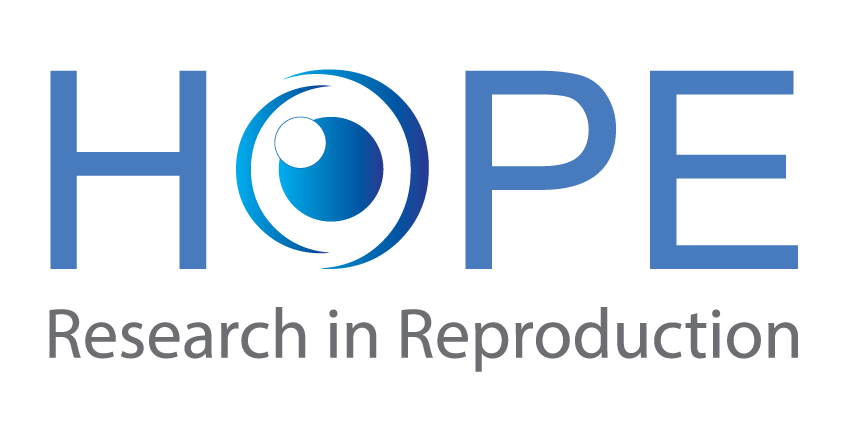Vu Ngoc Anh Ho 1,2, Toan Duong Pham 1,2, Nam Thanh Nguyen 1,2, Hieu Le Trung Hoang 1,2, Tuong Manh Ho 1,2, Lan Ngoc Vuong 1,2,3
Published: 27 May, 2022
Author information
1IVFMD, My Duc Hospital, Ho Chi Minh City, Viet Nam
2HOPE Research Center, My Duc Hospital, Ho Chi Minh City, Viet Nam
3University of Medicine and Pharmacy at Ho Chi Minh City, Ho Chi Minh City, Viet Nam
Abstract
Objective
This study aimed to investigate the impact of hyperandrogenism (HA) on the outcomes of ovulation induction (OI) using gonadotropin and intrauterine insemination (IUI) in patients with polycystic ovary syndrome (PCOS).
Methods
This was a retrospective cohort study including 415 patients undergoing OI using gonadotropin and IUI treatment between January 2018 and December 2020 at a single infertility center. Baseline characteristics, clinical and laboratory parameters, and pregnancy outcomes were investigated.
Results
Among the study population, there were 105 hyperandrogenic (25.3%) and 310 non-hyperandrogenic patients (74.7%). The live birth rate was lower in the HA group than in the non-HA group, but this difference did not reach statistical significance due to the limited sample size (14.3% vs. 21.0%, relative risk=0.68; 95% CI, 0.41–1.14, p=0.153). No predictive factors for live birth were identified through logistic regression analysis.
Conclusion
HA did not negatively affect the outcomes of OI using gonadotropin and IUI cycles in Vietnamese women with PCOS. The result may not be applicable elsewhere due to the large variation in the characteristics of women with PCOS across races and populations.
KEYWORDS:
Hyperandrogenism; Intrauterine insemination; Live birth; Ovulation induction; Polycystic ovary syndrome
